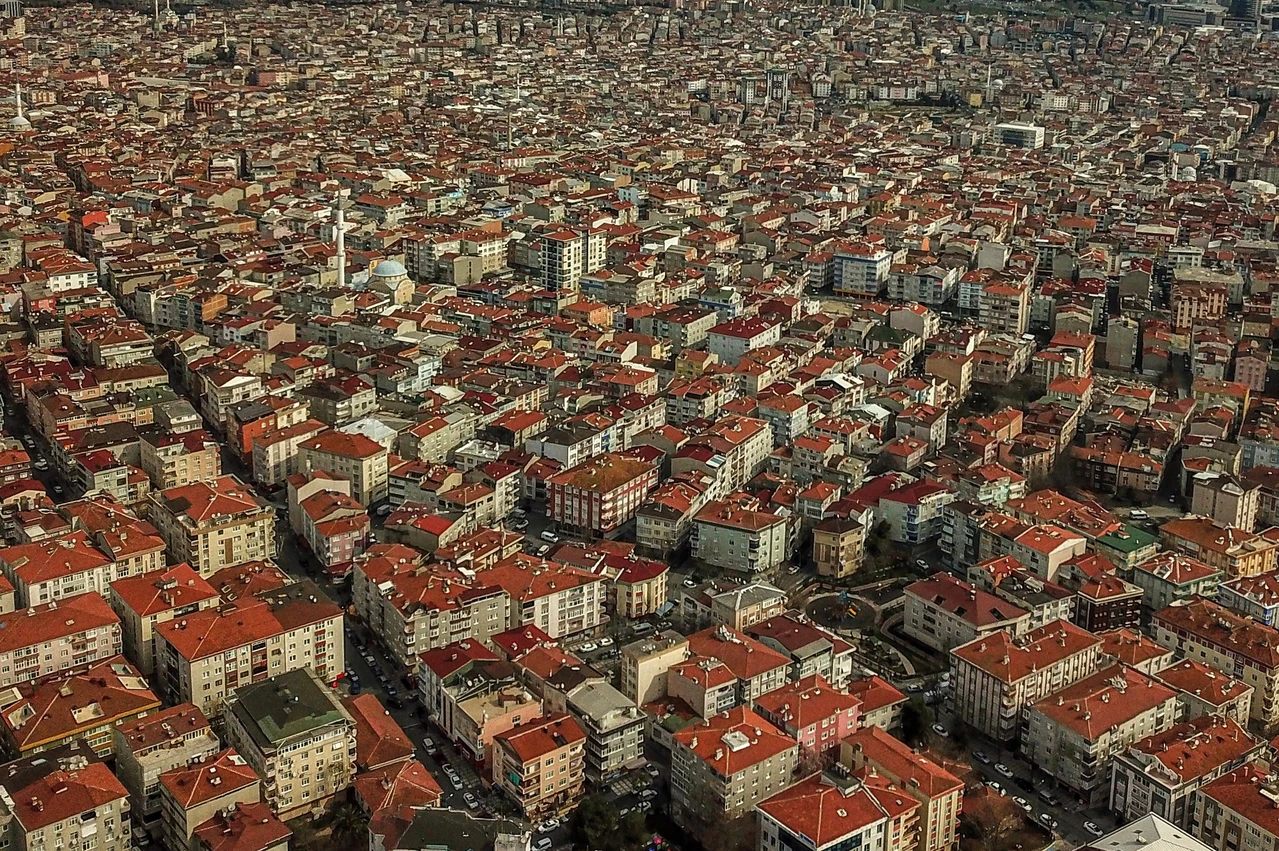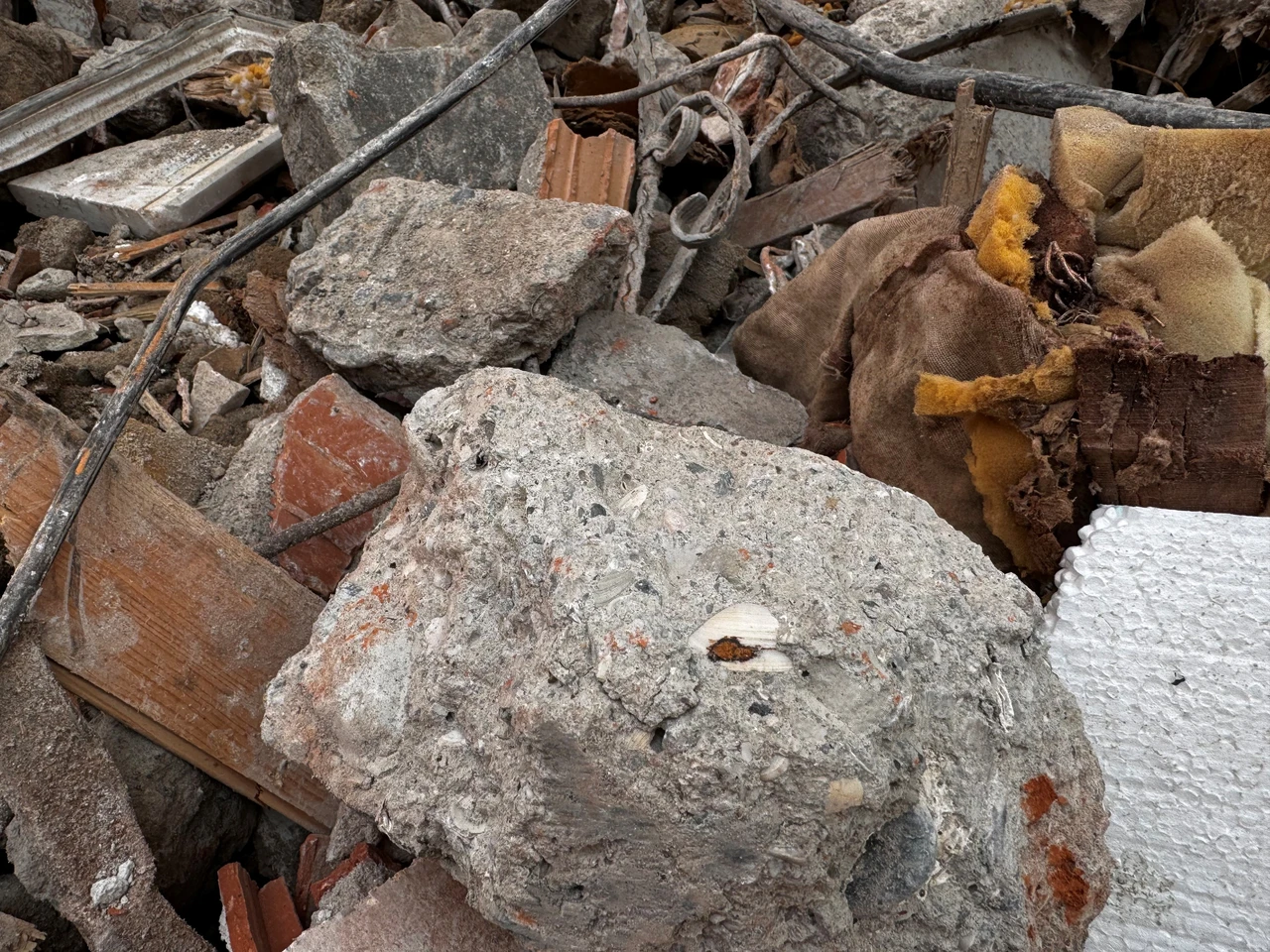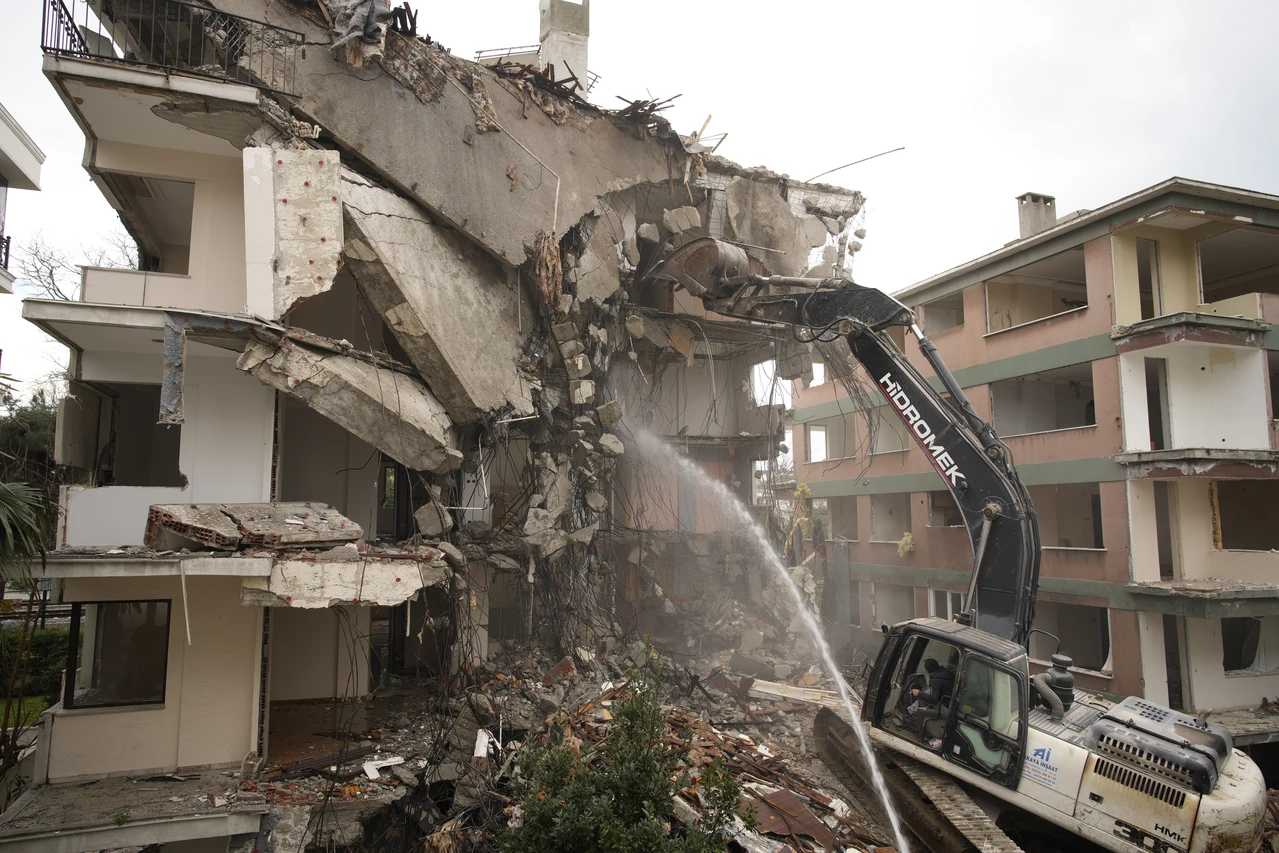Earthquake threat looms over Istanbul amid urban transformation challenges
 The Bagcilar district of Istanbul. (Photo by OzaqnKose via AFP/Getty Images)
The Bagcilar district of Istanbul. (Photo by OzaqnKose via AFP/Getty Images)
Ali Kurt, general manager of KIPTAS, a subsidiary of Istanbul Metropolitan Municipality, revealed critical findings from the urban transformation efforts.
“Out of 35,000 tested buildings, 50% were deemed high or very high risk. Urgent demolition was required for 1,556 buildings; 178 have been demolished, and procedures have begun for 96 more,” Kurt stated.
Analysis and challenges in urban transformation
Despite receiving 160,000 requests for urban transformation, only 35,000 analyses were conducted. Kurt explained that many residents abandoned the process, fearing their homes would be demolished immediately. Our teams weren’t even allowed into buildings for inspections,” Kurt noted.
He also warned that financial pressures on municipalities due to Social Security Institution (SGK) debt could hinder their actions on the ground.

Slow progress despite high demand
Four years ago, Istanbul Municipality initiated a “Rapid Screening” program to assess buildings constructed before 1999 and expedite urban transformation. Over this period, 160,000 requests for screening were received, but only 35,000 analyses were conducted.
Among these, 50% of the inspected buildings fell into the D (high risk) and E (very high risk) categories. Urgent demolition was required for 1,556 buildings, of which 178 were demolished, and official procedures were started for 96 more.
In an interview with Fulya Soybas from Hurriyet newspaper, Ali Kurt attributed the limited number of screenings to misinformation and reluctance from district municipalities.
“There was a lot of misinformation, and some district municipalities refused to participate in the process. Consequently, residents withdrew, and our teams were not allowed to conduct inspections,” Kurt explained.
Financial constraints, rising construction costs
Kurt highlighted that while 26,000 agreements have been reached with residents but financial support is lacking.
“Residents are willing to take on debt, saying, ‘Just rebuild our homes,’ but there is no financial support. They can’t get low-interest loans from public banks and are overwhelmed by debt. The process then halts, and they blame us, but we are building at cost without adding extraordinary profit. Construction costs are rising daily, and this is determined by the market, not us,” he stated.
Kurt also expressed concerns about the impact of SGK debt discussions, initiated by President Recep Tayyip Erdogan, “Earthquake preparedness should be above politics. If municipalities are forced to pay SGK debts, I worry our financial support packages will be jeopardized,” Kurt said.

Earthquake reality threatens Istanbul
Recent building collapses have highlighted the risks associated with Istanbul’s ground conditions. However, questions remain about the city’s readiness for earthquakes. We sat down with Murat Yun, city planner and head of the Earthquake Risk Management and Urban Improvement Department at Istanbul Metropolitan Municipality, to discuss these issues.
Academics say these buildings in Istanbul need to be evacuated urgently
Professor Ali Kocak, a faculty member at Yildiz Technical University (YTU) Faculty of Construction, said, “The building in Kucukcekmece was also illegal, and so is this one. It is made of sea sand and burnt concrete. The iron workmanship is also very bad. The building is of such poor quality that it cannot even support its own weight. These buildings in Istanbul urgently need to be evacuated and either reinforced or rebuilt.”



